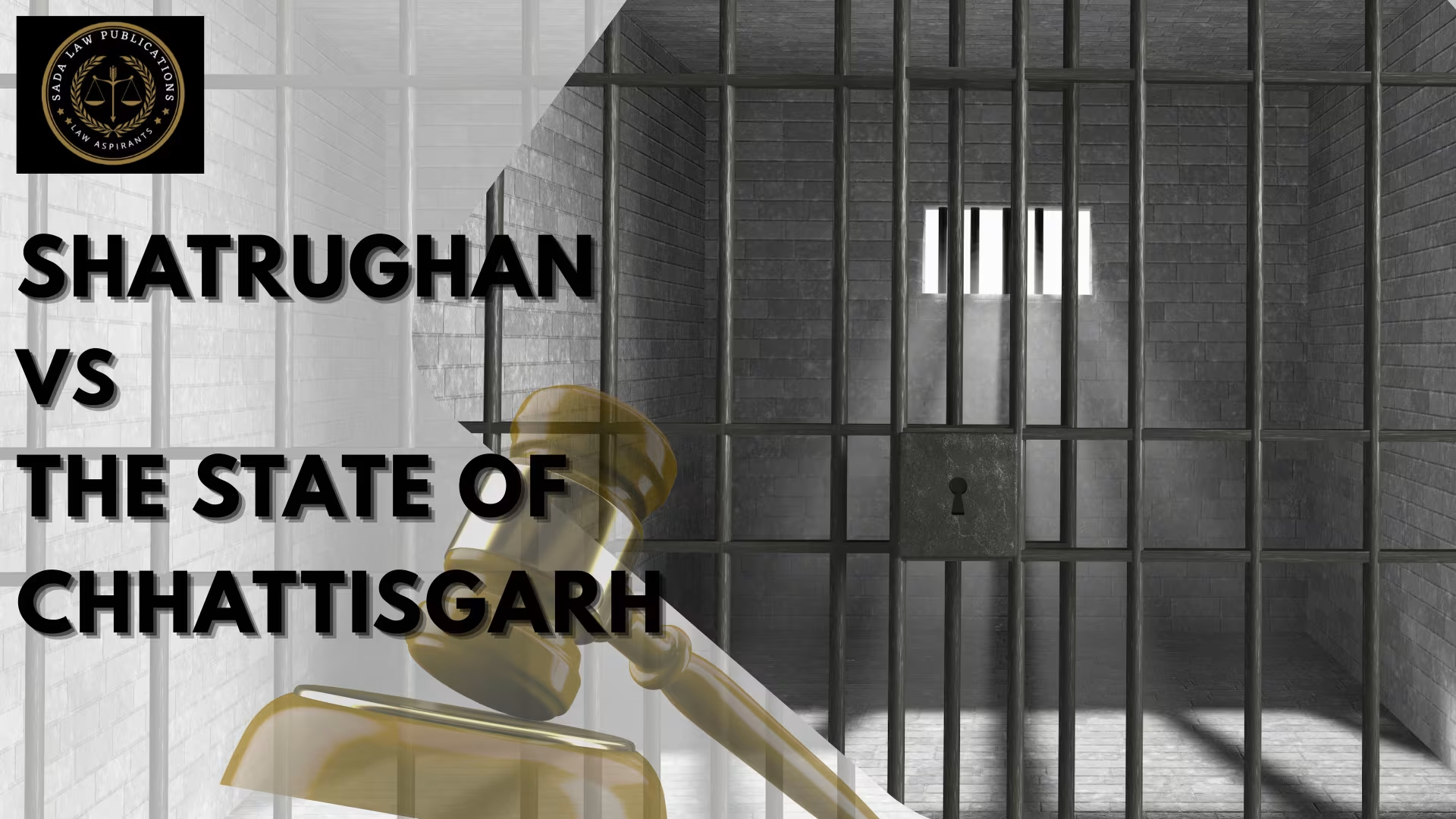Supreme Court Emphasizes Judicial Hierarchy: Contempt Case Against NCDRC Members in Ireo Grace Realtech vs Sanjay Gopinath (2024)
- REHA BHARGAV
- 02 June 2025

The Supreme Court of India, in the landmark case of Ireo Grace Realtech Pvt. Ltd. v. Sanjay Gopinath, emphasized the importance of respecting judicial hierarchy while upholding consumer rights in real estate disputes. Learn about the court’s judgment, the NCDRC, role, and key takeaways for developers and buyers.
Introduction: A Landmark Supreme Court Judgment on Judicial Discipline and Consumer Protection
On April 15, 2024, the Supreme Court of India delivered a significant verdict in M/s Ireo Grace Realtech Pvt. Ltd. v. Sanjay Gopinath, addressing conflicts between the National Consumer Disputes Redressal Commission (NCDRC) and Supreme Court orders. The case highlights crucial aspects of judicial hierarchy, consumer rights enforcement, and real estate contractual obligations.
Case Background: The Dispute Over Real Estate Possession and Consumer Rights
Sanjay Gopinath booked an apartment in the residential project “The Corridors,” developed by Ireo Grace Realtech, paying over ₹1.55 crore. The developer promised possession within 42 months plus six months grace but failed to deliver on time. Gopinath filed a complaint with the NCDRC alleging deficiency in service and unfair trade practices. The NCDRC ordered the developer to hand over possession and pay compensation. However, when the developer did not comply, the NCDRC issued non-bailable warrants against its directors, despite an existing Supreme Court restraining order.
Key Legal Issues in the Case
1. Was the NCDRC justified in issuing non-bailable warrants despite the Supreme Court’s restraining order?
2. Did the NCDRC violate the judicial hierarchy by ignoring Supreme Court directives?
3. What are the limits of consumer forums’ powers in enforcing orders conflicting with higher court rulings?
4. How accountable are quasi-judicial bodies like the NCDRC in adhering to judicial discipline?
5. Were the consumer’s rights to possession and compensation protected lawfully?
Arguments from Both Sides
Petitioner’s (Ireo Grace Realtech) Arguments
The NCDRC violated the Supreme Court’s restraining order dated March 1, 2024, by issuing warrants.
Once the Supreme Court issued a stay, the NCDRC lacked jurisdiction to take coercive action.
The NCDRC misused its powers, undermining the judicial hierarchy and causing harm to the company’s directors.
The company already had appropriate legal remedies underway before the Supreme Court.
Respondent’s (Sanjay Gopinath) Arguments
The NCDRC acted within its authority to enforce consumer rights and ensure compliance.
Non-compliance by the developer justified coercive measures like warrants.
Consumer forums have broad powers critical to protecting consumers.
The NCDRC acted in good faith, not willfully violating Supreme Court orders.
Justice and consumer interests outweighed procedural technicalities.
Supreme Court Judgment: Upholding Judicial Discipline and Consumer Protection
The Supreme Court condemned the NCDRC for issuing non-bailable warrants despite a restraining order, emphasizing that no lower forum can override or ignore Supreme Court orders. The Court issued a show-cause notice to the NCDRC members responsible for the breach. While consumer rights and enforcement are vital, they must be balanced with strict respect for the judicial hierarchy and the rule of law (Rule of Law).
Conclusion: Lessons from the Ireo Grace Realtech Case for Developers and Consumers
This landmark ruling reinforces that judicial discipline is paramount, and all authorities, including consumer forums, must respect the Supreme Court’s orders. It underscores that consumer protection is crucial but must operate within legal boundaries. For real estate developers and buyers alike, this case serves as a reminder of the importance of lawful enforcement and adherence to procedural fairness.
Case Laws






